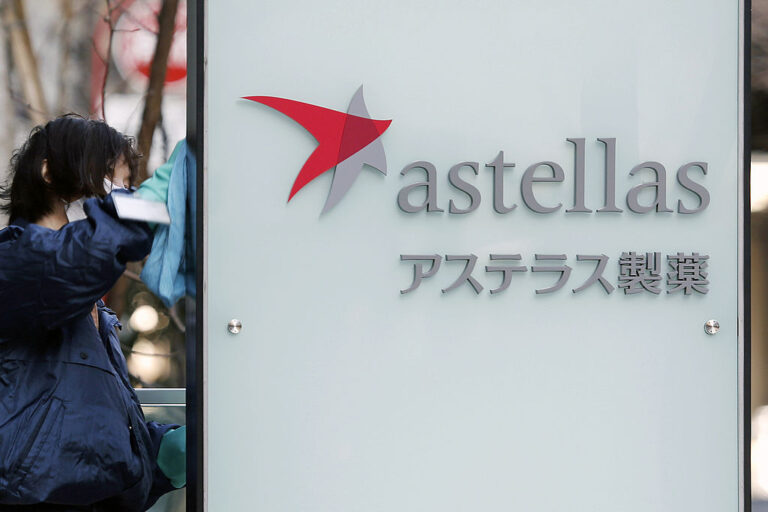
Yet another Bay Area healthcare AI startup was born this week.
On Tuesday, San Francisco-based generative AI voice platform Parakeet Health formally launched and announced $3 million in seed funding. The startup — founded by a team of executives who have held leadership positions at One Medical, Microsoft and Twitter — says that its voice AI can help providers better engage with their patients.
The company is named after one of the bird species that can best emulate human speech, pointed out CEO and Co-founder Jung Park.
Parakeet’s AI system understands natural language and can automate many of the interactions that patients have with their doctor’s staff, such as scheduling appointments and answering billing questions, he explained.
“We’ve developed an AI voice platform using the latest large language models and speech technologies to create a healthcare call center agent that can assist patients with their needs. We integrate directly with an organization’s EMR System to make real-time appointment bookings, check insurance eligibility, intake patients, and get context about the patient,” Park stated.
He also noted that Parakeet’s AI agent can make outbound calls to patients and take inbound calls at all times of day, requiring no human intervention.
Parakeet aims to address three patient communication challenges that providers face, Park said.
Firstly, the company seeks to improve the patient experience by eliminating long call hold times and being available at any time of the day, he remarked. He also said that Parakeet’s platform is designed to address staffing challenges by automating repetitive tasks like patient scheduling and answering frequently asked questions.
Additionally, the startup is aiming to reduce revenue leakage by making calls to backfill cancellations and convert referrals — and even improve seniors’ health by calling to check in on their status, Park added.
In his view, Parakeet has two types of competitors.
“The first includes legacy players who have developed a unidirectional engagement strategy that mostly sends notifications or relies on old rules-based ‘AI’ — the ones where you have to scream your name into the phone four times. They are certainly improving their technology, but it is not easy to transform your business infrastructure to do so,” Park declared.
On the other hand, some practices have looked to remote/virtual call center agents or business process outsourcing companies (BPOs), he pointed out. Going this route can result in significant challenges, such as difficulties in understanding agents and high costs, Park noted.
He thinks Parakeet stands out from both classes of competitors because the startup has experience in both AI and clinical operations.
“We are able to understand and appreciate the nuances of patient behavior and provider workflows while meeting them with the right AI solutions. For instance, scheduling a patient is quite complex. There’s the practicality of filling appointment slots while understanding that each provider has their own set of custom requirements based on the procedures they are able to perform, types of patients, and availability. Figuring this out on a massive scale is not easy,” Park stated.
Parakeet prices its product based on a pay-for-performance model, he added. The startup charges fees based on a successful call — examples of which include a call in which an appointment was scheduled, question was answered, or requested information was collected.
Photo credit: Zhuyufang, Getty Images



